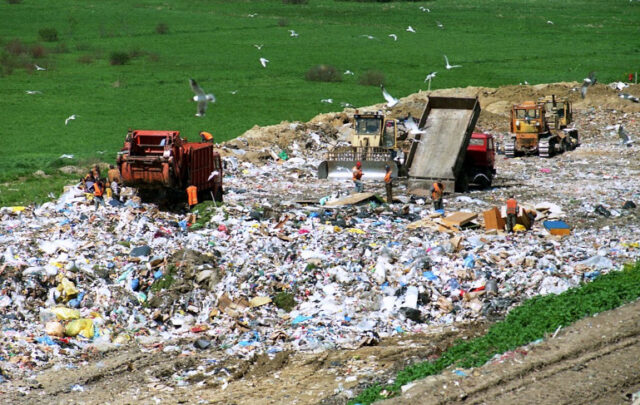Nick King is a chartered earth and environmental scientist working primarily in professional consulting and the energy industry. He has worked with the Global Sustainability Institute at Anglia Ruskin University since 2018 on subject areas including energy and global risk and is also affiliated with the Schumacher Institute think tank. He has also presented and written opinion pieces about a number of environmental and systems thinking topics.
The Dumb and Dumber Economy
If critical masses of people could recognise this fully, and join forces to finally say ‘enough!’ to this misleading belief about ‘making it’, perhaps there would be a real chance that something better could arise in its place.
December 16, 2024
Maslow and High Energy Modernity
Whatever model replaces the current one in providing comfortable, well-nourished, safe and stable societies will clearly need a lot of work to define and drive, but should clearly aim to achieve these things without the need for lots of shiny but unsustainable toys. Time is short, but there’s no time like the present to get started.
December 4, 2024
Review: Two Tribes
History also teaches us that times of uncertainty and instability are fertile conditions for populists and those with dark agendas, as people under stress often seek simple answers to complex problems, which often dredges up an instinct to blame and see ‘us and them’ divisions. This looks to be bubbling to the surface as unrest in many parts of the world, of which the UK is now exemplary.
August 27, 2024
Cities, Roads, and the Sixth Extinction Event
The ‘tipping point’ at which humanity became a majority-urban species finally occurred in 2008; this trend has continued (55% by 2018), and may be 70% by the middle of the 21st century.
April 4, 2024
‘Pre-Polycrisis’ Hazard Mitigation
What is proposed here is that a planned and deliberate effort to minimise burdens on embattled future societies by strategically addressing some of the most severe hazards left by recent and contemporary societies might be both a responsibility and duty.
March 11, 2024
Nuclear Waste and the Polycrisis
The unique risk profile of nuclear wastes has therefore in recent decades compelled governments and other authorities to seek a remedial strategy which is commensurate with the challenge whilst also being effective,
February 20, 2024







